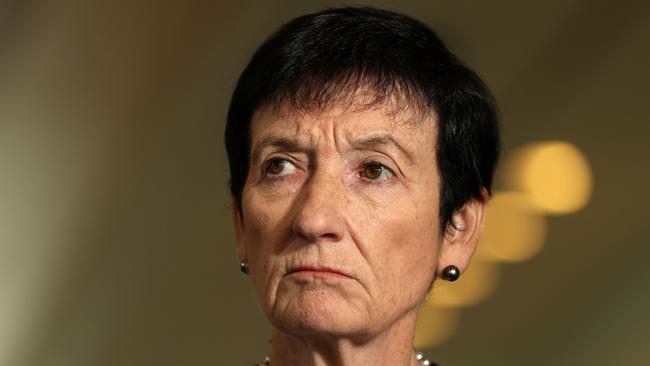Lower corporate taxes ‘vital to growth’, says Business Council of Australia
The big business lobby is hoping to defy the rancour of recent taxation debates by arguing the national interest and long-term fiscal sustainability depend on lower taxes and an ambitious fiscal reset.

The big business lobby is hoping to defy the rancour of recent taxation debates by arguing the national interest and long-term fiscal sustainability depend on lower taxes and an ambitious fiscal reset.
The Business Council of Australia (BCA) says the tax system is holding back innovation and relies too heavily on high earners and our largest companies, leaving businesses globally uncompetitive.
In its Living on Borrowed Time discussion paper, the BCA said a nation facing the highest debt in a generation “needed a fair, efficient and competitive tax system and a cohesive and cooperative system of Federation”.
“The tax system needs to evolve with a changing economy,” the paper notes.
“Our tax system relies heavily on the top income earners and a few key industries like mining and banking to generate the revenues needed to fund government services.
“The top 10 companies pay a quarter of all company tax, leaving our public finances dependent on the fortunes of a few.”
It added that the top 3 per cent of taxpayers contributed more than 30 per cent of personal income tax.
BCA chief executive Jennifer Westacott said Treasury’s Intergenerational Report confirmed the “tax system is not going to be sustainable going forward” and rekindled the debate over lowering the corporate tax rate.
Large companies pay a 30 per cent rate, while businesses with a turnover below $50 million will pay 25 per cent from Thursday.
“Everyone accepts company tax was a big political battleground, but can we at least get some agreement that we need a competitive tax system particularly if the OECD and G7 are going to move to a 15 per cent minimum rate,” Ms Westacott told reporters at a briefing.
“We haven’t tried to get into those specific issues, but we’ve tried to say ‘Let’s stay at that high level and see if we can get some agreement on that’.”
Ms Westacott said reform would be needed to the overall tax mix, arguing “we can’t keep kicking the tax system down the road.”
Australia is too reliant on bracket creep or “narrowcast taxation” to fund future spending and more work is needed to attract companies to Australia and expand the revenue base.
“Can you cast forward and think that we’re going to be a successful country – or as successful as we could be – with one of the highest corporate rates, with the narrowcasting of the tax base, with the inefficiencies of the Federation and lift our productivity, get more capital coming into the country, get people’s wages going up – I just can’t see how that would square off,” Ms Westacott said.
The BCA rejected both the austerity of spending cuts and higher taxes as routes to fiscal repair. Higher taxes create disincentives to invest and inhibit growth, the paper says.
The paper also raises the prospect of taxing wealthy retirees to ease the tax squeeze on younger workers, saying both wealth and income need to be taken into account. “This means that when assessing the capacity of individuals to contribute to the cost of services, their wealth as well as their income should be taken into consideration. We must avoid the situation where an average earner struggling to get on the property ladder is subsidising the costs of a retired person who has millions of dollars’ worth of assets,” the paper says.




To join the conversation, please log in. Don't have an account? Register
Join the conversation, you are commenting as Logout